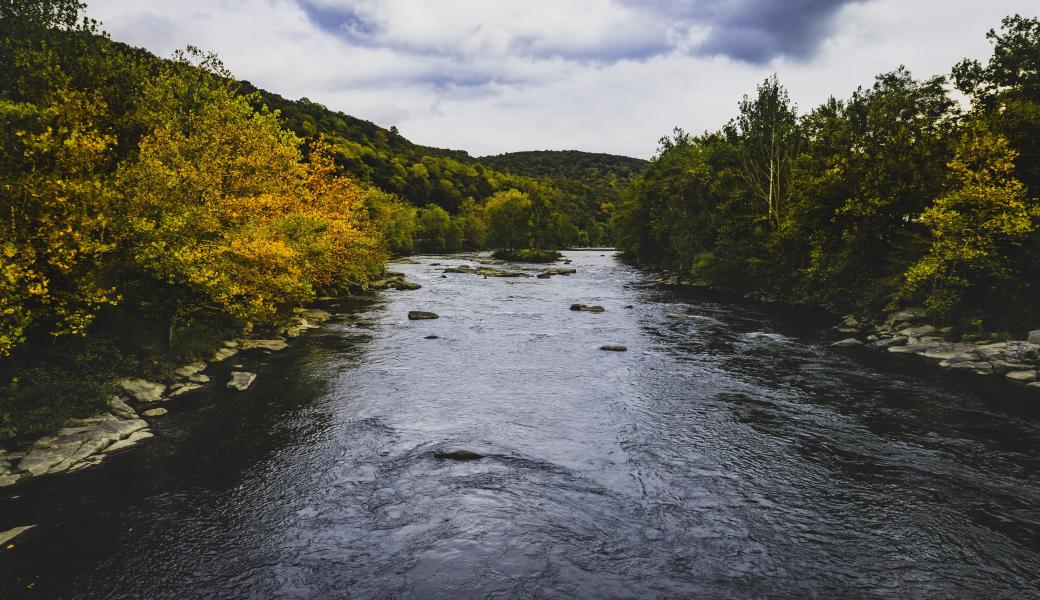Biden’s Plan Would Boost Conservation Of U.S. Lands, Waters

The Biden administration on Thursday detailed steps to achieve an ambitious goal to conserve nearly one-third of America’s lands and waters by 2030, relying on voluntary efforts to preserve public, private and tribal areas while also helping tackle climate change and create jobs.
A report, with the lofty title “America the Beautiful,” calls for a decade-long commitment on projects nationwide to make the conservation and restoration of lands and waters an urgent priority. The plan would purify drinking water, increase green space, improve access to outdoor recreation, restore healthy fisheries, reduce the risk of wildfires and recognize the “oversized contributions” of farmers, ranchers, forest owners, fishers, hunters, rural communities and tribal nations.
In the process, the effort will produce thousands of new jobs and a stronger economy while also addressing climate change and environmental justice, including expanded access by disadvantaged communities to the outdoors, the report said.
President Joe Biden has set a goal of conserving at least 30% of U.S. lands and waters by 2030. If successful, the plan will help slow global warming and preserve some of the nation’s most scenic lands for future generations of Americans, the report said.
About 12% of the nation’s lands and 25% of its waters are currently protected, according to research by the Center for American Progress, a left-leaning think tank. Those protected areas include not just parks but also wilderness areas, game refuges, agricultural lands, forests, ranches and other sites with conservation easements.
The plan released Thursday recommends a series of actions, including expansion of a federal grant program to create local parks, especially in cities and other “nature-deprived communities.” The report also suggests grants for Native American tribes to support tribal conservation priorities; expansion of fish and wildlife habitats and corridors; increased access for outdoor recreation; and creation of a “civilian climate corps” to work on conservation and restoration projects nationwide.
The plan follows through on a Biden campaign promise and builds on the Great American Outdoors Act, a 2020 law passed by Congress that authorizes nearly $3 billion for conservation projects, outdoor recreation and maintenance of national parks and other public lands.
Supporters call the law the most significant conservation statute in nearly half a century. It provides dedicated annual funding for parks and open space projects across the country.
[...]
Environmental and outdoors groups hailed the initiative.
“The bottom line is that healthier public lands and waters mean more opportunities for Americans to recreate outside and for communities’ economies to thrive,” said Jessica Turner, executive director of the Outdoor Recreation Roundtable, a coalition that represents a range of outdoor businesses.
Please Sign in to View
Log in to view member-only content.
If you believe you are receiving this message in error contact us at memberservices@rvia.org.

